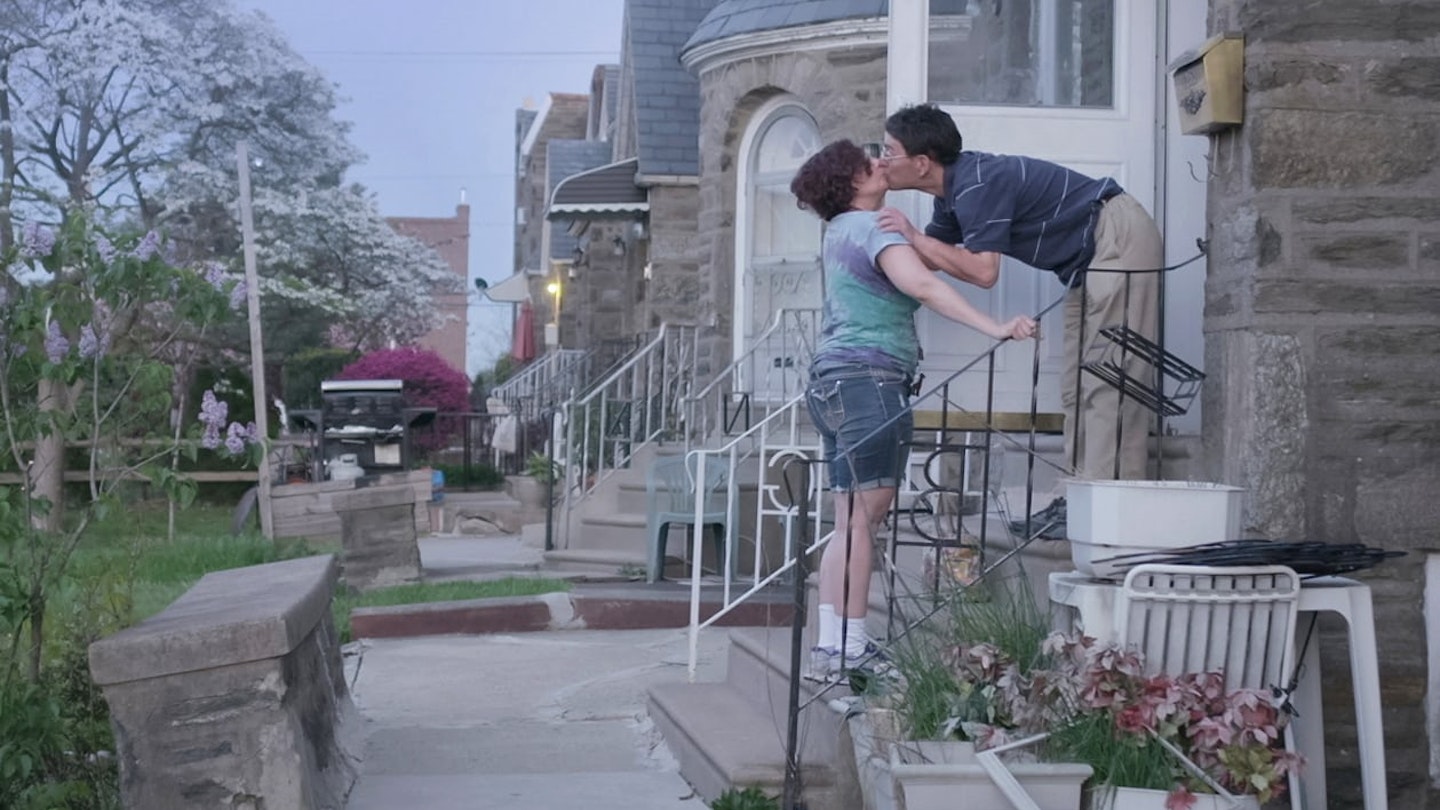The Grand Jury winner at this year’s Sundance, Dan Sickles and Antonio Santini’s documentary follows the somewhat eccentric Dina Buno (a family friend of Sickles) and Walmart greeter Scott Levin, both on the autistic spectrum, as they prepare for their upcoming wedding. Living in an unremarkable suburb of Philadelphia, we observe them as they negotiate the usual bumps in a nascent romance — moving in together, occasional black moods and attendant misunderstandings, spats over the domestic finances.
Intimate, unvarnished and hugely touching.
Thorniest of all, though, and the issue that comes to dominate the pair’s narrative, is the complicated question of sex. Dina — previously married and widowed — is very keen to move things onto that level, reasonably feeling it’s a vital part of a loving relationship; the inexperienced and in this respect cripplingly shy Scott, however, is terrified at the thought of it. Their attempts to square this circle are both humorous and moving, ranging from highly pointed purchases (her) to a cringily awkward conversation between father and son (him) — sadly, it seems, to little avail. As this conundrum creepingly encroaches on their happiness, Sickles and Santini — who are a silent presence throughout, observers rather than interrogators — expand the context of Dina’s story, showing us home-video footage of her first wedding — such is the candour here, the implication is that, however much Dina genuinely cares for Scott, there’s a part of her who’s still desperately missing the more traditional relationship (and the man) she once had.
It’s Dina’s history, too, that sees the film’s final stretch take a darker turn, Sickles and Santini making more explicit an event that’s been obliquely referenced throughout — the fact Dina was nearly killed by a former partner. As we learn in frank detail what happened on that horrific night, it feels like a shocking change of gear – but one that works, giving sad context to the sweet innocence of the companionship Dina and Scott have now found.
Throughout, Sickles and Santini find beauty, tenderness and wry humour in the banal — the work of Miranda July springs to mind — and have created an uplifting celebration of human connection — not just in a romantic sense, but in terms of the friends and family who don’t just tolerate but love us at our most frustrating and flawed.
